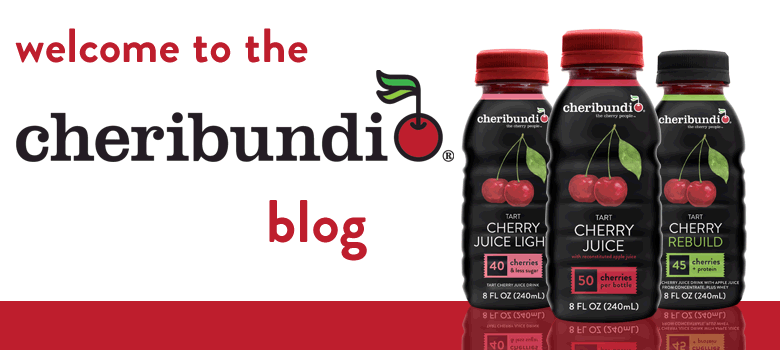From The Organic Center and The Non-GMO Project
Even though tart cherries are not a genetically engineered crop or at risk of becoming one (thank goodness!) we would still like to bring awareness to this movement and help you understand the facts about GMOs. Here at Cheribundi, we are happy and proud to be able to provide a product that is pure and natural, but we can’t always count on other products to do the same. In fact, products are not required to label GMO ingredients for the public, which brings up the issue of consumers having the right to know what they are buying. Let’s break down what exactly GMO means...
What are GMOs?
"Genetically modified organisms,” or GMOs, are organisms that have been created through gene-splicing techniques that are part of biotechnology. These transgenic methods for moving genes around are also called “genetic engineering,” or GE.
This relatively new science allows DNA from one species to be transferred into another species, creating transgenic organisms with combinations of genes from plants, animals, bacteria, and even viral gene pools. The mixing of genes from different species that have never shared genes in the past is what makes GMOs and GE crops so unique. It is impossible to create such transgenic organisms through crossbreeding methods and would never happen in nature.
The Nine GE Food Crops on the Market:
· Corn
· Soybeans
· Canola
· Cotton
· Sugar Beets
· Alfalfa
· Hawaiian Papaya
· Zucchini
The majority of today’s GE crops contain modifications that are either :herbicide-tolerant" or engineered to express a bacteria insect toxic in plant tissues or “insect-protected, contain or both.
How Common are GMOs?
There are about 320 million acres of cropland harvested every year in the U.S., of which about 140 million are planted to GE seeds.
According to the USDA, 93% of soybean seeds planted in the U.S. in 2009, and 93% of cotton and 86% of corn seeds were genetically engineering and hence produced GMO plants. It is estimated that over 90% of canola grown is GMO, and a comparable share of sugar beets are now herbicide tolerant.
There are about two-dozen applications for new GE crop technologies in the USDA pipeline. Monsanto has submitted eight of the pending petitions, and Syngenta, Pioneer, Bayer, BASF, and Dow all have submitted two.
Are GMOs Safe?
In 30 other countries around the world, including Australia, Japan, and all of the countries in the European Union, there are significant restrictions or outright bans on the production of GMOs, because they are not considered proven safe. In the U.S. on the other hand, the FDA approved commercial production of GMOs based on studies conducted by the companies who created them and profit from their sale. Many health-conscious shoppers find the lack of rigorous, independent, scientific examination on the impact of consuming GM foods to be cause for concern.
What’s Next?
The Non-GMO Project is a non-profit organization working to offer consumers a consistent non-GMO choice for foods that are produced without genetic engineering or recombinant DNA technologies.
You can take the Non-GMO Pledge on their website and become one of the thousands of consumers that are taking part in Non-GMO month, celebrating the public’s right to choose.
Also, you can follow the Just Label It Campaign and sign a petition to tell the FDA to start labeling GMO foods and products.




No comments:
Post a Comment